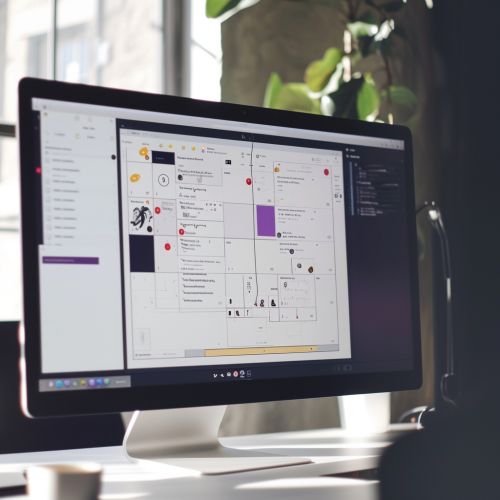Figma
Overview
Figma is a cloud-based design tool that is used for interface design, prototyping, and collaboration. It is known for its ability to facilitate real-time collaboration among design teams, allowing multiple users to work on a design simultaneously from different locations. Figma operates on a freemium model, offering a mix of free and paid plans.
History
Figma was founded by Dylan Field and Evan Wallace in 2012. The duo aimed to create a design tool that was not only powerful and accessible but also fostered collaboration among designers. The first public version of Figma was released in 2016, and it quickly gained popularity among design professionals for its real-time collaboration features and robust design capabilities.
Features
Figma offers a range of features that cater to the needs of both individual designers and design teams. These include:
Design
Figma provides a comprehensive suite of design tools that allow users to create intricate and detailed designs. These tools include vector editing, which allows for the creation and manipulation of vector graphics, and a pen tool for drawing and editing shapes. Figma also supports the use of components, which are reusable elements that can be used across multiple designs.
Prototyping
Figma's prototyping feature allows designers to create interactive prototypes of their designs. This feature enables designers to simulate the functionality of a design and test its usability before it is developed. Prototypes in Figma can be shared with stakeholders for feedback, making it a valuable tool for user testing.
Collaboration
One of the defining features of Figma is its real-time collaboration capabilities. Multiple users can work on a design simultaneously, with changes visible in real-time. This feature facilitates teamwork and makes it easier for design teams to collaborate on projects, regardless of their physical location.
Usage
Figma is used by a wide range of professionals, including UI/UX designers, graphic designers, and product managers. It is commonly used in the tech industry, with companies like Microsoft, Uber, and Slack reportedly using Figma for their design needs.
Impact
Figma's introduction of real-time collaboration in a design tool has had a significant impact on the design industry. It has changed the way design teams work, enabling more efficient collaboration and faster iteration. Figma's cloud-based nature also means that designs can be accessed from anywhere, further enhancing the flexibility and accessibility of the tool.
Criticisms
While Figma is widely praised for its features and usability, it has also faced some criticism. Some users have reported performance issues when working with large files or complex designs. Others have raised concerns about the tool's reliance on an internet connection, citing issues with latency and the inability to work offline.
See Also
User Interface Design User Experience Design Prototyping Collaboration Tools


